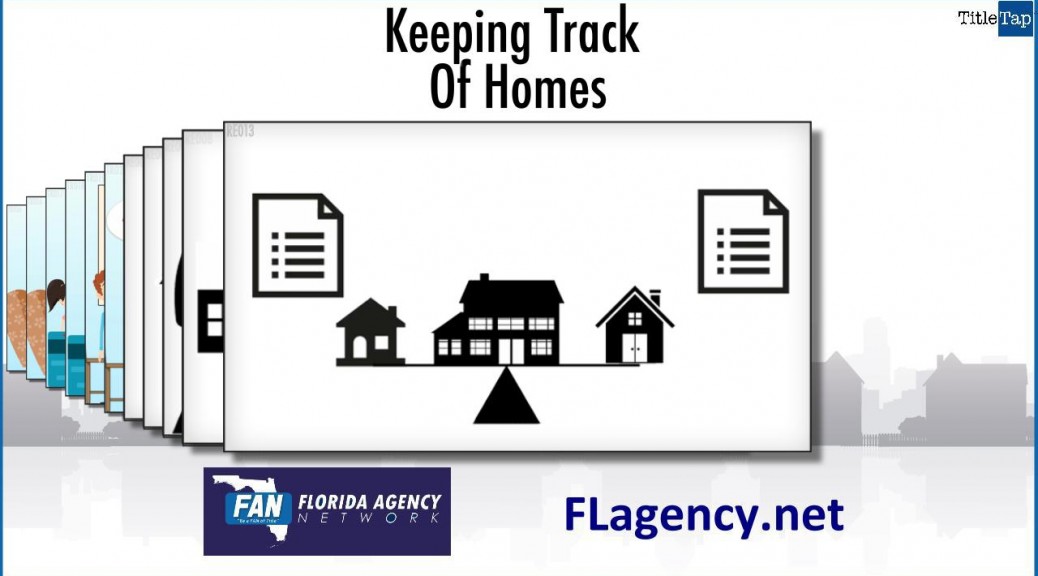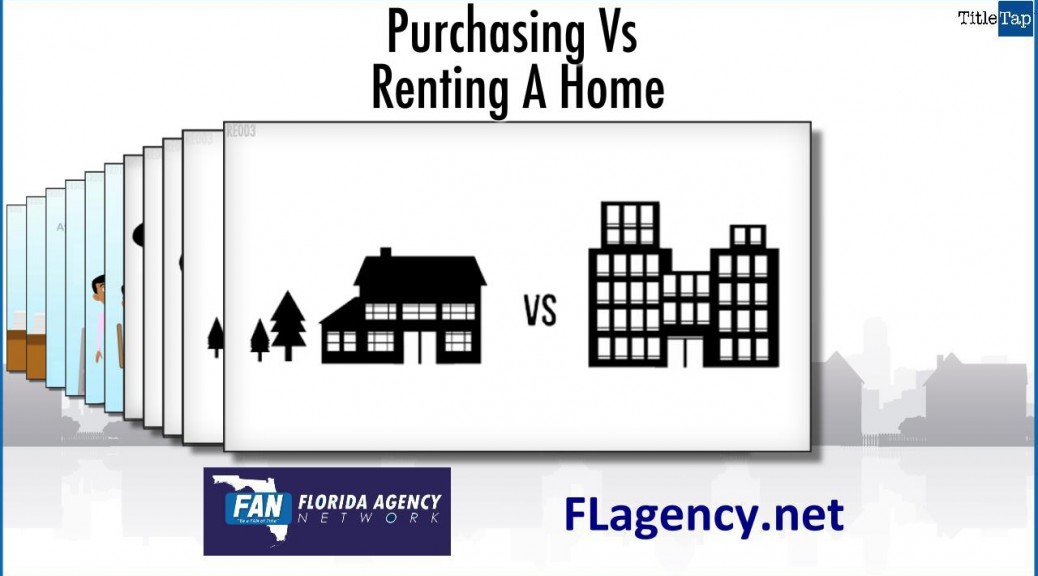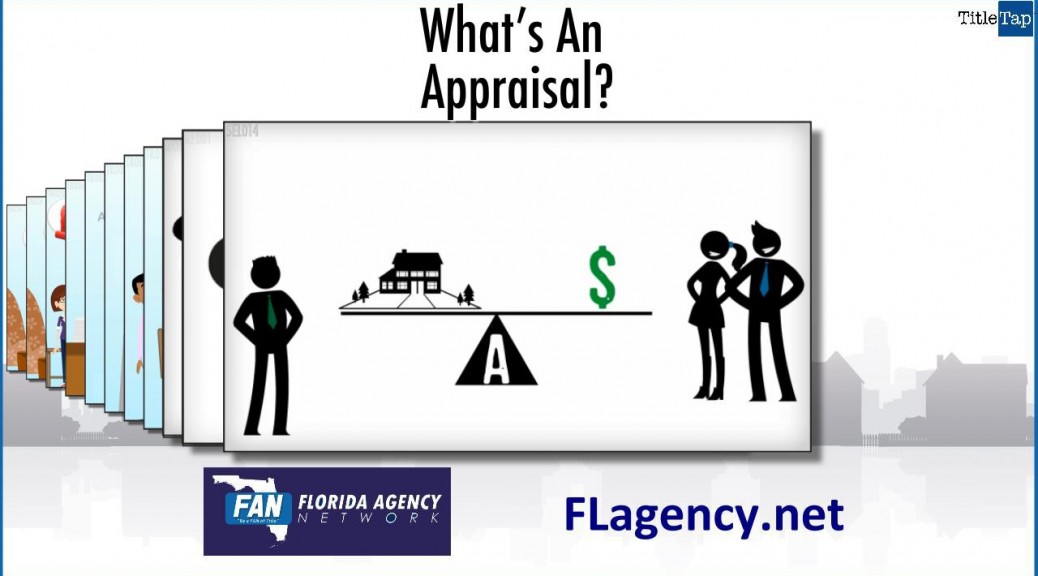http://fwd5.wistia.com/medias/6ju2ern2r5?embedType=iframe&videoFoam=true&videoWidth=640
Every house is unique; appraisers are trained and licensed for expertise in putting a value on properties.
Appraisers don’t work for the buyer or the seller; their primary mission is actually to protect the lender who’s risking money against the home’s value.
Appraisers have to weigh factors about the property and location – including size, condition and comparable properties – to appraise its current value.
They know how to focus on conditions that affect value; dishes in the sink don’t; damage and neglect do.
Appraisals lower than the proposed purchase price can affect transaction details. The seller might have to lower the price or the buyer might have to increase down payment or fund additional escrow.
Appraisal seems a lot like inspection, but they’re not the same.
You can think of it this way:
- Appraisers report on value to the lender
- Inspectors report on condition of the house and major components to the buyer.
So – expect both appraisal & inspection in your transaction.
















